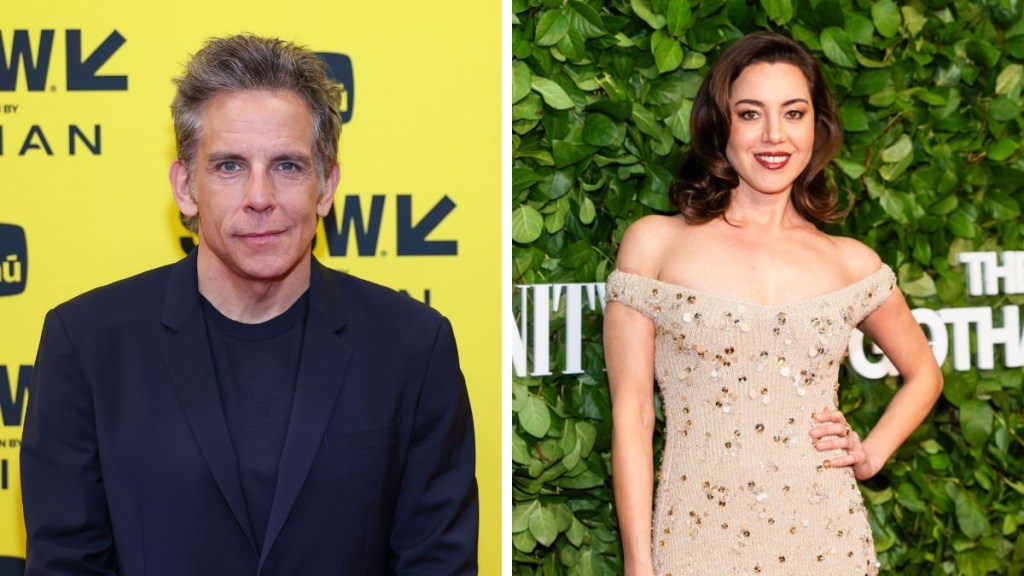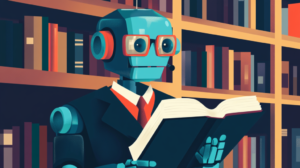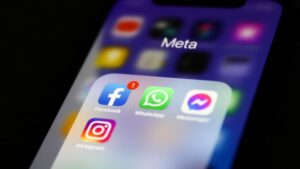Over 400 Celebrities, Including Ben Stiller and Aubrey Plaza, Call on Trump to Halt OpenAI’s ‘Exploitation’ of Hollywood

Stars Rally Against Copyright Changes for AI Training
The Open Letter’s Call to Action
Recently, a group of over 400 celebrities and entertainment industry figures, including notable names such as Ben Stiller, Paul McCartney, and Olivia Wilde, expressed serious concerns regarding proposed copyright changes by tech giants OpenAI and Google. They sent an open letter to the Trump Administration urging them to resist initiatives that would allow these companies to exploit copyrighted material for training artificial intelligence.
Key Points Raised in the Letter
The letter highlights several compelling arguments against weakening copyright protections:
- Exploitation of Creative Industries: The signatories argue that altering copyright laws would unfairly benefit large tech firms while damaging America’s creative sectors, which are essential to the nation’s cultural fabric and economic health.
- Economic Impact: The entertainment and arts industry plays a significant role in the U.S. economy, employing about 2.3 million people and contributing approximately $229 billion in wages annually. This economic foundation supports not just the industry itself, but also America’s position as a global cultural leader.
- Cultural Integrity: The signees stress that AI training, which could involve using copyrighted works without compensating creators, could undermine the integrity of creative arts. They claim this could set a dangerous precedent affecting diverse categories of intellectual property, from film and music to literature and visual arts.
The Tech Industry’s Perspective
OpenAI and Google posited that relaxed copyright protections would promote innovation and "freedom to learn," arguing that these measures are necessary for America’s technological competitiveness and national security. OpenAI claimed that accessing copyrighted material would give the U.S. a crucial edge against competitors like China in the rapidly evolving field of AI.
Responses from the Entertainment Community
The entertainment leaders and stars firmly disagreed with the tech companies’ reasoning. In their letter, they asserted that protecting copyright should not be sacrificed for the sake of technological advancement:
- Critical Workforce Support: They emphasized that the arts and entertainment sectors are integral to the nation’s identity and serve as a soft power tool on a global scale.
- Potential Risks to Other Industries: The letter warns that if copyright protections for creative outputs are diminished, it could have ramifications across various knowledge-based industries, including writing, science, and design.
Prominent Figures Involved
A myriad of prominent individuals have joined this campaign against the proposed changes, including:
- Actors and Directors: Adam Scott, Guillermo del Toro, Ava Duvernay, Taika Waititi
- Musicians: Paul Simon, Janelle Monáe
- Writers and Producers: Phoebe Waller-Bridge, Judd Apatow, Cynthia Erivo.
These high-profile figures collectively serve to amplify the message about the importance of maintaining strong copyright protections.
Continued Advocacy
While the open letter was submitted to the White House Office of Science and Technology, the signers indicate plans to keep advocating on this issue and aim to gather more signatures to present further updates in the future. They believe that a continued dialogue is essential for safeguarding the creative industry and the broader landscape of American innovation.
In summary, this movement led by a coalition of stars and executives calls attention to the potential dangers posed by relaxed copyright laws for AI development, urging the government to prioritize protections for the creative sectors that have historically driven America’s cultural and economic success.





